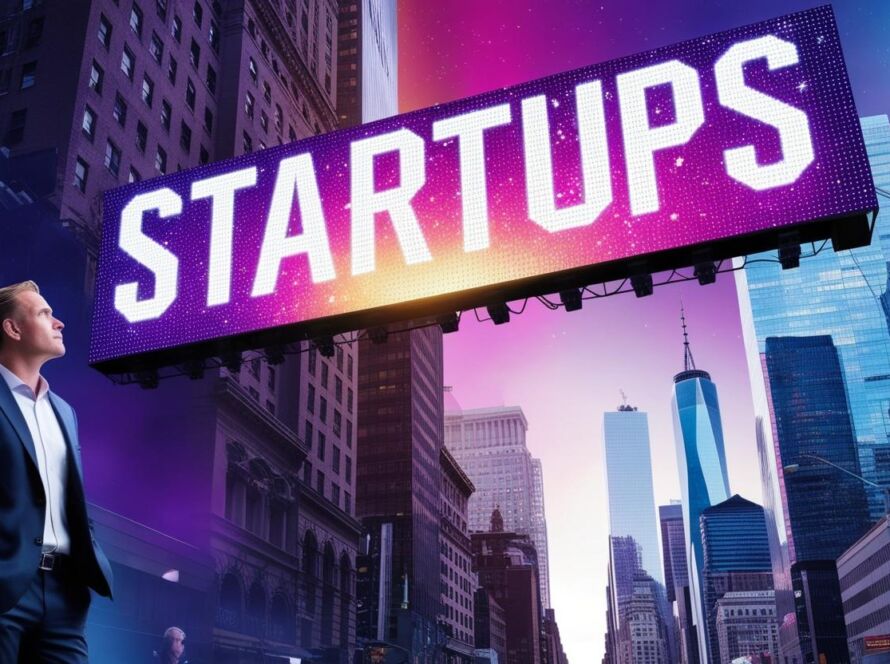IEvery startup begins in the dark. There’s no map. No certainties. Just hypotheses, intuition, partial data, and a constantly shifting market.
It’s in this unstable environment that unicorn founders develop a rare skill: making critical decisions with clarity, speed, and impact — even when everything is uncertain.
This article reveals how these leaders think, feel, and act in decisive moments. If you’re scaling a startup or leading through chaos, this content is a mental guide for high-pressure decision-making.
🌪️ 1. They Know Uncertainty Isn’t an Enemy — It’s Raw Material
Most entrepreneurs freeze in doubt. Unicorn founders don’t. They embrace uncertainty as part of the game — and use it as leverage, not a brake.
“Entrepreneurship is making fast decisions with half the information.” — Jeff Bezos
They understand that waiting for “certainty” wastes time, traction, and market timing. So they act fast, guided by probabilities, principles, and continuous learning.
⚖️ 2. They Create a Personal Decision-Making System
Successful founders don’t rely solely on gut feelings. They build their own frameworks — mental algorithms — to handle complex dilemmas.
Some practical examples:
- 70% Rule: If you have 70% of the information, decide. The other 30% will follow.
- Reversibility: Is the decision reversible? Move fast. Irreversible? Go deep.
- Impact vs. Urgency: High-impact, low-urgency decisions require strategy. Low-impact, high-urgency ones should be delegated.
“Good decision-making isn’t about being right. It’s about being responsible and acting with agility.” — Ray Dalio
🧠 3. They Rely on Principles, Not Emotions
Uncertainty triggers fear, anxiety, and pressure. Billion-dollar founders don’t suppress emotions — they observe them without being controlled by them.
They return to their core principles:
- What is our purpose?
- Does this move bring us closer or farther from our vision?
- What’s the real worst-case scenario — and is it tolerable?
These questions anchor difficult decisions in philosophical clarity, even amidst chaos.
🔍 4. They Look for the Blind Spot Before Acting
Before making strategic decisions, unicorn founders look for what they might be missing.
They don’t fall in love with answers — they try to kill the idea before launching it. If it survives, it deserves to go live.
“Great leaders test the opposite of what they believe. That’s how they make better decisions.” — Patrick Collison, Stripe
They talk to skeptics, ask uncomfortable questions, and view the situation through opposing perspectives.
📊 5. They Decide with Data, but Act with Intuition
Startups don’t have perfect data. Unicorn founders use what they have — and complement it with intuition honed by deep exposure to the problem.
This intuition isn’t magic. It’s built from:
- Constant customer analysis
- Deep market observation
- Accumulated experience in micro-decisions
They’re not slaves to data, but they don’t ignore patterns either. They blend analytical thinking with trained instinct.
🧭 6. They Take Full Responsibility for the Decision
The founder isn’t just a decision-maker — they are the final filter.
Unicorn founders understand that the final decision is theirs — and so are the consequences.
They don’t pass blame. They don’t hide behind the team. When they’re wrong, they correct fast. When they’re right, they share credit.
“To lead is to decide. To decide is to own. And to own is to grow from your mistakes.” — Ben Horowitz
✨ Conclusion: Making Decisions in Uncertainty Is a Skill, Not a Gift
You don’t need to become a unicorn to make decisions like one.
You need to train the right mindset: act with responsibility, clarity, speed, and resilience — especially when the situation is uncertain.
If your startup is facing a critical decision, pause, observe, analyze — and act.
The perfect decision doesn’t exist. But the courageous one takes you to the next level.


